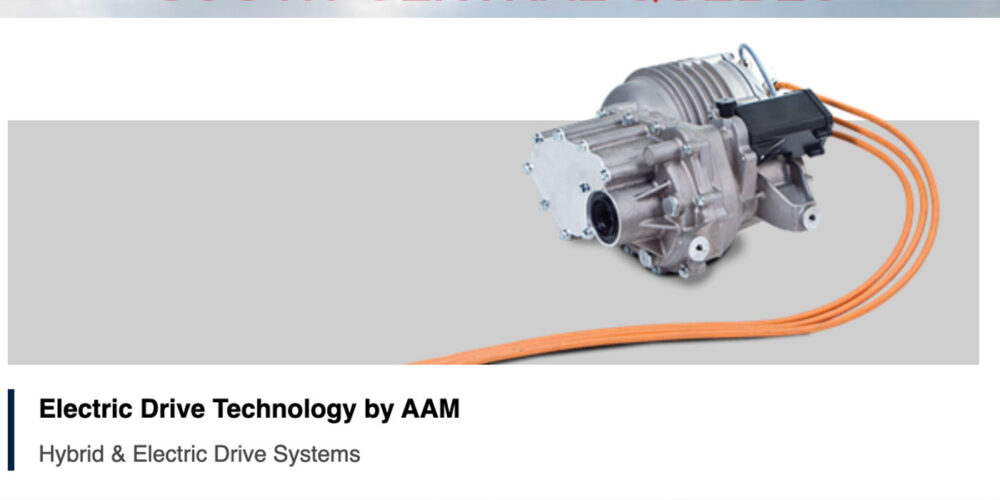One of my favorite scenes from the movie “This Is Spinal Tap” features the late Bruno Kirby as a limousine driver who is tasked with chauffeuring members of a fictitious British rock band around New York City. Kirby’s character tries to start a conversation with the band members when he sees them thumbing through a copy of “Yes I Can: The Story of Sammy Davis Jr.” But alas, they’re not interested in chatting with the loquacious limo driver.
The limo driver then shares some of his thoughts on the band’s music with the documentary director (played by Rob Reiner), who is in the passenger seat. At one point, Kirby whispers: “I would never tell them this … but this is a fad.”
For some reason, this quote comes to mind when I think about the rise of online shopping. It’s possible that there are a few people out there who still think e-commerce is a fad, just as Kirby’s character felt that rock and roll was “a passing thing.” (If you’ve seen the movie, you probably recall that the limo driver was a huge Frank Sinatra fan. I admire his taste!)
For the record, online shopping is not a fad. In case you’ve been trapped in a time warp for the past 30 years, let me share a few numbers with you. The U.S. Census Bureau estimates that retail e-commerce sales in 2021 were $870.8 billion, up 14.2% over 2020. E-commerce sales in 2021 accounted for 13.2% of total U.S. retail sales.
Let’s drill down to the automotive aftermarket. According to Hedges & Company, e-commerce revenue in the aftermarket jumped nearly 31% in 2020 compared to the previous year. That might not come as a surprise, considering most sectors saw record e-commerce growth in 2020, the first – and arguably the worst – year of the pandemic.
Still, the most recent data shows that there’s no turning back at this point. In November 2021, Hedges & Company estimated that e-commerce revenue in the automotive aftermarket would grow by 11.7% in 2021, and Hedges forecasted that online sales of auto parts in the United States would hit $38 billion in 2022 (a 9.7% year-over-year increase).
The takeaway is that online sales in the aftermarket continue to grow – just not as dramatically as they did in 2020. And if it wasn’t for the supply chain challenges that have been dogging the industry for the past year or two, the growth rate might be even higher. “A major problem right now in our industry is inventory availability, not consumer demand,” Hedges & Company points out.
One other interesting data point is the impact of “digital influence” on auto parts sales. Hedges & Company defines digital influence as the effect of consumers conducting online research before buying an auto part or accessory. In the United States, Hedges estimated that a whopping $174 billion in retail automotive revenue will be influenced by digital this year.
From the customer’s point of view, there’s a lot to like about online shopping. As Tom Dayton explains in this month’s issue of Counterman: “[Customers] don’t need to leave their shop or home, they don’t have to wait on hold and they don’t need to rely on your personnel to guide them to the correct parts, pricing and availability information. “
That last part is a scary concept, because it seems to negate the entire value proposition of the counter professional. But, as Dayton points out, online orders give parts specialists “an added opportunity to serve another customer (on the phone or in person), and to perform daily storekeeping tasks.” They also free up counter personnel to spend more time “working on more complex parts requests, and helping close sales with those customers who require additional attention.” Plus, parts pros can play a key role in ensuring that online orders are processed accurately and efficiently. Online ordering isn’t going away, but neither are parts specialists. For more on how e-commerce and counter pros are co-existing in this new normal, be sure to check out “Online Ordering: Your Silent Staff” from the March issue.














